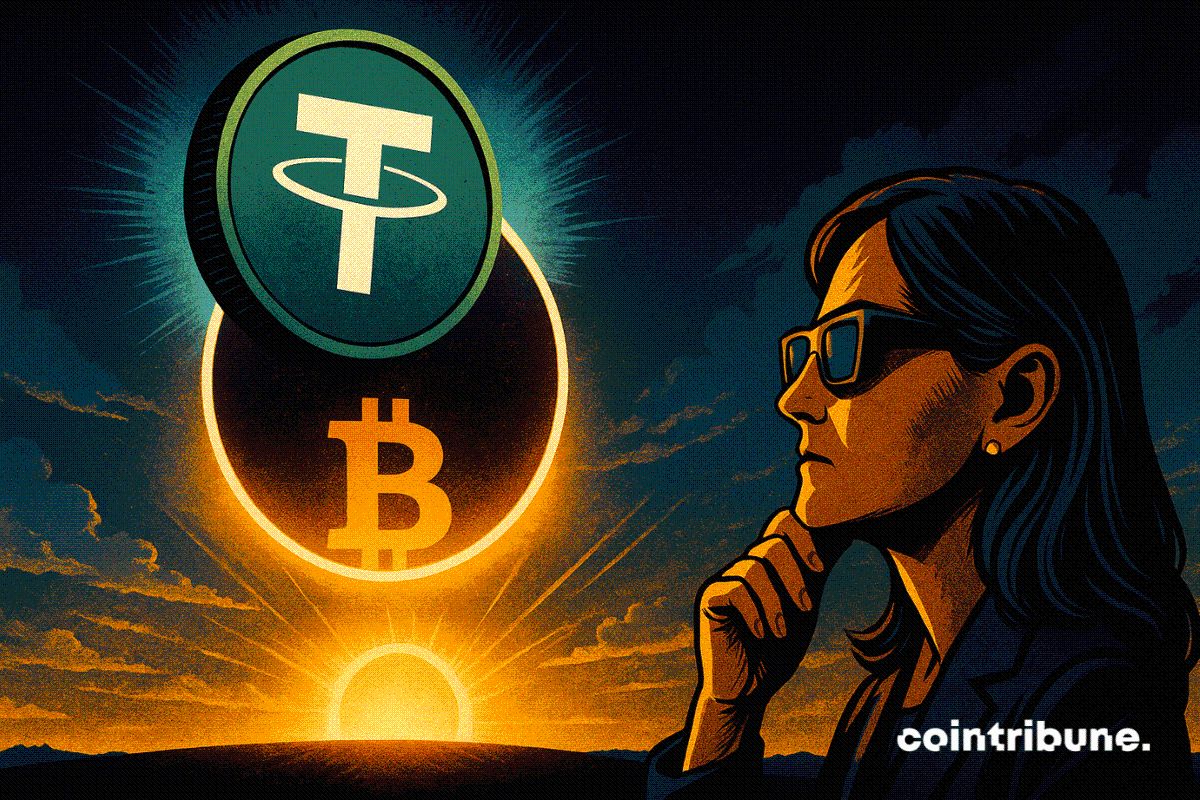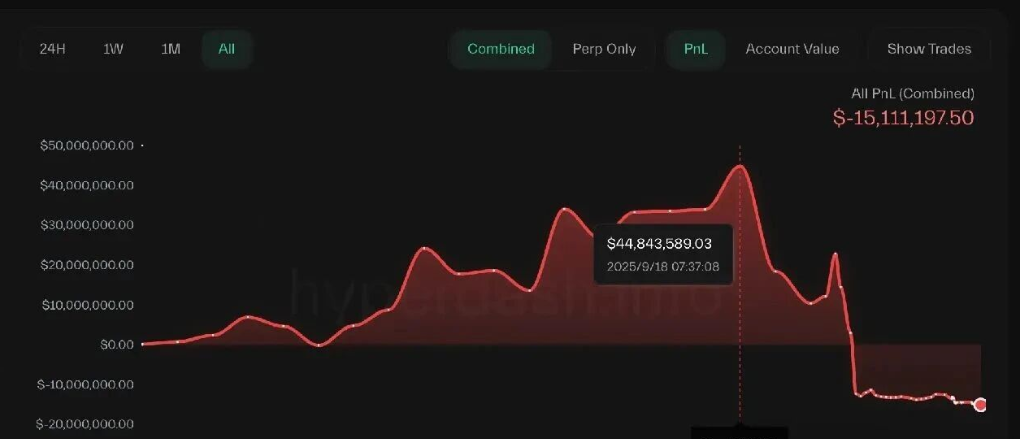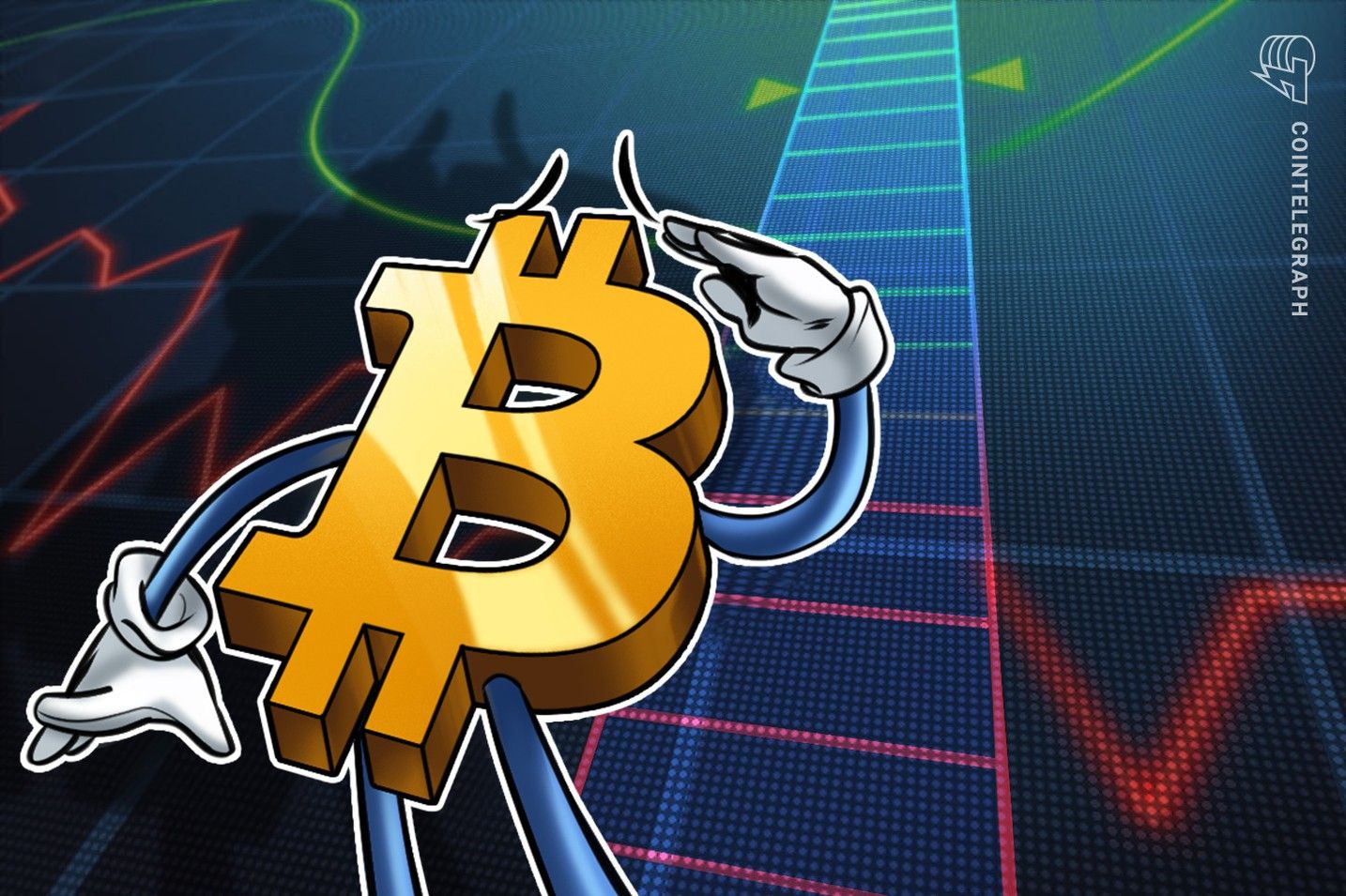Wall Street Trade Groups Urge Regulators to Rethink Basel Crypto Standards Amid Market Concerns
Wall Street trade groups representing major financial institutions have formally called on global regulators to reconsider the Basel Committee’s proposed revised capital standards for crypto-assets.
Wall Street trade groups representing major financial institutions have formally called on global regulators to reconsider the Basel Committee’s proposed revised capital standards for crypto-assets.
The groups argue that the current Basel framework, which sets international banking regulations related to risk and capital requirements, could impose excessive and misaligned capital charges on banks engaging with crypto markets.
The coalition, including influential Wall Street associations, warns that the Basel standards risk curtailing banks’ ability to support crypto innovation and could stifle growth in digital asset markets. They emphasize that overly stringent capital requirements might hamper liquidity and reduce market efficiency, potentially resulting in unintended instability across financial and crypto ecosystems.
The Basel Committee on Banking Supervision introduced new rules intended to mitigate risks posed by crypto-assets to banking institutions. These standards require banks to hold high amounts of capital against crypto exposures due to their perceived volatility and lack of reliable risk assessment models. However, Wall Street groups contend that the regulations do not adequately reflect the nuances of different crypto assets and their risk profiles, calling for a more tailored and flexible approach.
The groups highlight the need for better alignment between traditional banking regulations and the evolving crypto landscape to foster innovation without compromising the stability of the financial system. This call for collaboration arises amidst increasing global regulatory scrutiny aimed at establishing robust frameworks for crypto-assets. The discussion surrounding Basel crypto standards illustrates the broader conflict between encouraging innovation and ensuring systemic safety in the digital finance sector.
As regulators consider adjustments, Wall Street’s input may influence revisions to Basel’s crypto capital rules. Market participants keenly await developments that could shape the future integration of cryptocurrencies into mainstream financial services.
Meanwhile, Paxos Trust Company, the crypto infrastructure firm behind PayPal’s PYUSD stablecoin, has reignited its pursuit of a US national trust bank charter following the expiration of its initial approval in 2023.
Disclaimer: The content of this article solely reflects the author's opinion and does not represent the platform in any capacity. This article is not intended to serve as a reference for making investment decisions.
You may also like
Kazakhstan launches a billion-dollar crypto fund with seized assets

Ripple Avoids Wall Street After SEC Victory

The Story of Brother Machi's "Going to Zero": Just Be Happy

New Bitcoin highs could take 2 to 6 months but data says it’s worth the wait: Analysis

